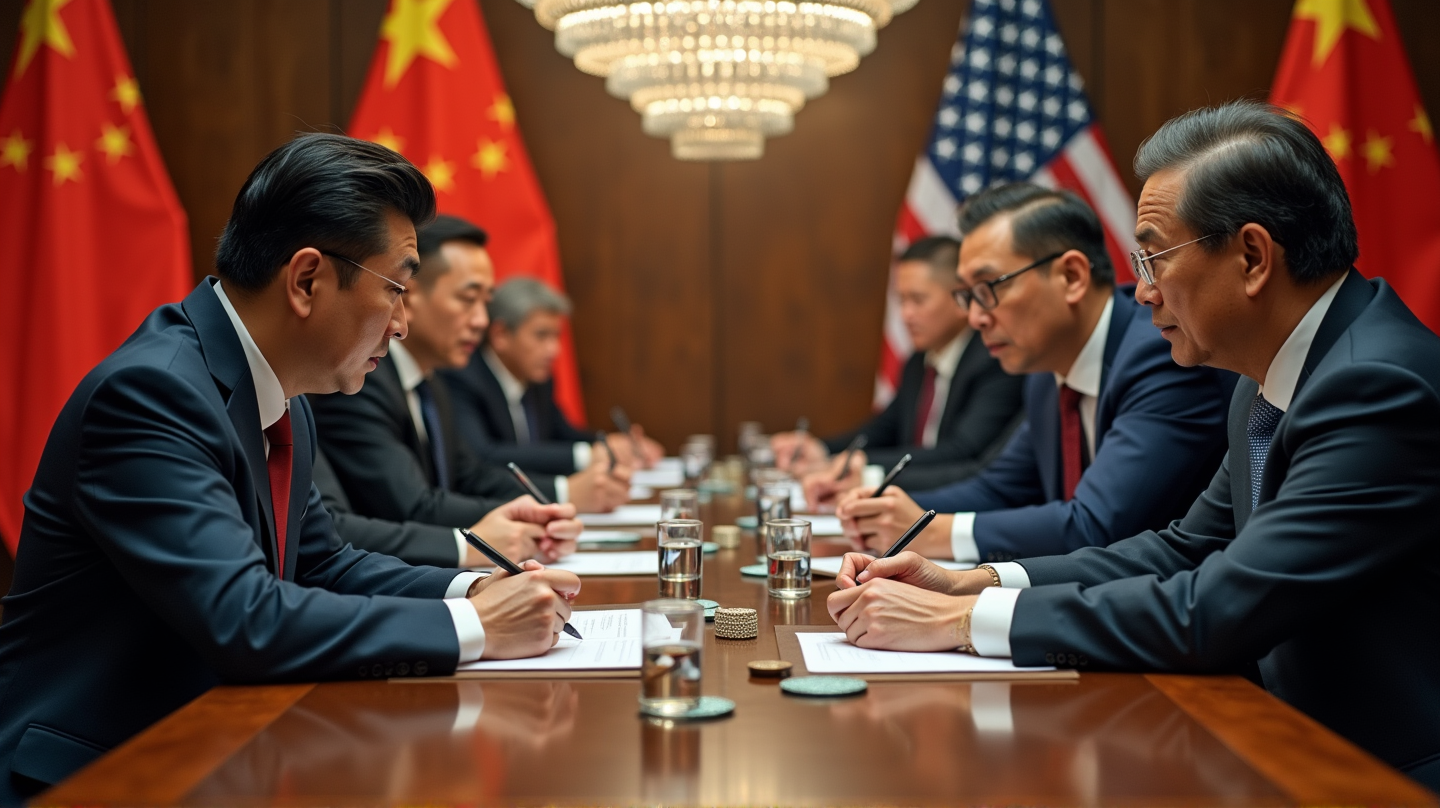U.S.-China Trade Tensions: Unveiling the Hidden Crisis of Fentanyl

Tariff battles between the U.S. and China could have deadly consequences as they intersect with the fentanyl crisis.
Rising Tensions Over Tariffs
In a bold move, the United States recently increased tariffs on Chinese imports, causing significant tensions in international trade. As highlighted in a recent statement by China’s Foreign Minister Wang Yi, these tariffs have been met with promises of a “firm response,” escalating the confrontations between the two economic giants. According to Modern Diplomacy, China believes this unilateral decision undermines the foundation of economic trade cooperation.
Fentanyl: The Overlapping Crisis
The trade war, however, is not solely about economics; it also touches a grave public health issue: fentanyl trafficking. Fentanyl, a synthetic opioid much stronger than heroin, is a focal point in U.S. grievances against China, with the U.S. pushing for China’s collaboration in cracking down on its production.
China’s Firm Stance
China firmly denies any illicit activities related to fentanyl production and claims that allegations are a pretext for economic sanctions. Lin Jian, a Chinese Foreign Ministry spokesperson, responded sharply, stating that the fentanyl issue is nothing more than a “flimsy pretext” for heightened tariffs.
Economic Repercussions
The Chinese Ministry of Commerce has expressed strong opposition to American tariffs, noting the swift imposition of countermeasures targeting U.S. exports. This reciprocal tariff war complicates the already strained relationship, posing potential disruptions to global trade.
Human Cost: The Fentanyl Epidemic
Fentanyl remains the leading cause of death among Americans aged 18 to 49. The opioid crisis adds a somber dimension to the trade conflict, underscoring a tragic human cost amidst economic battles. Despite diplomatic tensions, China has shown sympathy toward fentanyl victims, following discussions between President Xi Jinping and former President Joe Biden.
The Broader Implications
The U.S.-China trade war and its linkage to the fentanyl crisis serve as a stark reminder of the intricate connections between global trade policies and public health crises. While nations exchange threats and tariffs, there is a pressing need for collaboration to tackle the deadly epidemic affecting countless American lives each year.
This complex narrative reflects how economic policies ripple through societies, influencing lives in ways beyond immediate economic metrics. It is a call for reasoned dialogue in global trade, highlighting the shared responsibility to solve pressing global challenges.





